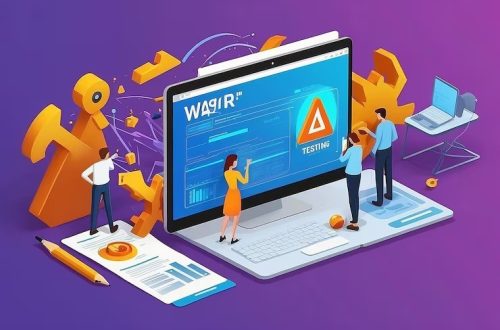In recent years, artificial intelligence (AI) has made remarkable strides, transforming the way we live, work, and interact with technology. Among the most fascinating advancements in AI is the concept of Build AI Workspaces —autonomous entities designed to perceive their environment, make decisions, and perform tasks to achieve specific goals. These agents are poised to revolutionize industries by bringing smarter, more adaptive automation to countless applications.
What Are AI Agents?
An AI agent is a software or robotic system that can autonomously perceive its surroundings through sensors or data inputs, process information, and take actions to fulfill a predefined objective. Unlike traditional software programs that follow rigid instructions, AI agents have the ability to learn from experience, adapt to changing conditions, and make decisions based on complex reasoning.
At their core, AI agents consist of:
-
Perception: Gathering data from the environment through sensors or inputs.
-
Decision-making: Processing information to decide the best course of action.
-
Action: Executing tasks or responses to influence the environment.
-
Learning: Improving performance over time by learning from feedback or new data.
Types of AI Agents
There are several types of AI agents, each with varying levels of complexity and autonomy:
-
Simple Reflex Agents: These respond to specific inputs with predefined actions. For example, a thermostat that turns heating on or off based on temperature.
-
Model-Based Agents: These maintain an internal model of the environment to make more informed decisions.
-
Goal-Based Agents: These agents act to achieve specific goals, considering future consequences.
-
Utility-Based Agents: They aim to maximize a utility function that quantifies their preferences over different outcomes.
-
Learning Agents: These improve their performance by learning from interactions with the environment.
Applications of AI Agents
AI agents are increasingly embedded in a wide range of applications:
-
Virtual Assistants: Personal AI agents like Siri, Alexa, and Google Assistant help users manage tasks, answer questions, and control smart devices.
-
Autonomous Vehicles: Self-driving cars use AI agents to navigate complex road conditions safely.
-
Customer Service Bots: AI agents handle routine queries, freeing human agents to address more complex issues.
-
Robotic Process Automation (RPA): In business, AI agents automate repetitive tasks such as data entry, invoice processing, and scheduling.
-
Healthcare: AI agents assist in diagnosing diseases, personalizing treatment plans, and monitoring patient health remotely.
Challenges and Ethical Considerations
Despite their promise, AI agents also present challenges. Ensuring they make ethical decisions, maintain user privacy, and avoid biases in learning are ongoing concerns. Additionally, transparency and explainability in AI agents’ decision-making processes are vital for trust and accountability.
The Future of AI Agents
As AI research progresses, AI agents are expected to become more sophisticated, autonomous, and collaborative. Emerging concepts like multi-agent systems—where multiple AI agents interact and cooperate—open new frontiers in fields such as smart cities, environmental monitoring, and large-scale automation.
AI agents represent a critical step towards intelligent automation that can augment human capabilities and transform industries. Their ability to perceive, decide, and act autonomously makes them indispensable tools in building a smarter, more efficient future.



